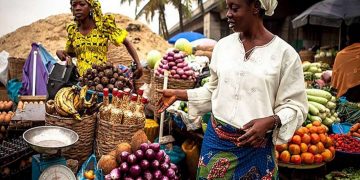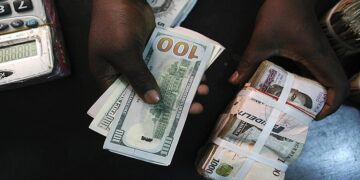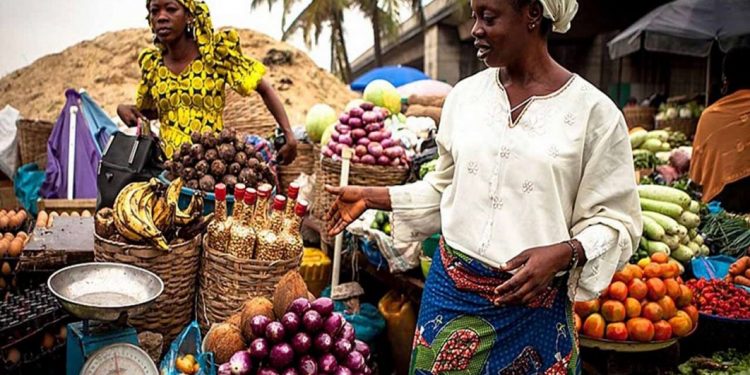By John Ikani
Nigeria’s inflation rate hit its highest level in 11 months in May as it rose from 16.82% recorded in April 2022 to 17.71%.
This is according to the recently released Consumer Price Index (CPI) report, released by the National Bureau of Statistics (NBS).
Food inflation rose to 19.5% from 18.37% recorded in the previous month, while core inflation hit 14.9% in the review month
The consumer price index, which measures the rate of inflation rose by 17.71% year-on-year in May 2022, which is 0.89% points higher than the 16.82% recorded in the previous month (April 2022). On a month-on-month basis, the headline index increased by 1.78% in May 2022, compared to the 1.76% increase recorded in the previous month.
The percentage change in the average composite CPI for the twelve months period ending May 2022 over the average of the CPI for the previous twelve months period is 16.45 percent, showing a 0.95 percent increase compare to the 15.50 percent recorded in May 2021.
Similarly, the urban inflation rate increased to 18.24% (year-on-year); this is a 0.27% decline compared to 18.51% recorded in May 2021. On the other hand, the rural inflation rate increased to 17.21% in May 2022 (year-on-year) basis; this is a 0.15% decline compared to 17.36% recorded in the corresponding month of 2021.
The corresponding twelve-month average percentage change for the urban index is 17.00 percent in May 2022. This is 0.91 percent higher compared to 16.09 percent reported in May 2021.
The rural inflation rate increased to 17.21 percent in May 2022 (year-on-year) basis; this is a 0.15 percent decline compared to 17.36 recorded in May 2021.
On a month-on-month basis, the rural index rose to 1.76 percent in May 2022, up by 0.02 percent from the rate recorded in April 2022 (1.74), while the corresponding twelve-month average percentage change for the rural inflation rate in May 2022 is 15.91 percent. This is 0.97 percent higher compared to 14.94 percent recorded in May 2021.
What you should know
The trend depicts that the country’s inflationary pressures have continued to accelerate unabated despite the monetary tightening stance of the Central Bank of Nigeria (CBN), which saw the apex bank raising the benchmark lending rate to 13 per cent for the first time since September 2020.
With rising inflation, the purchasing power of Nigerians is constantly and continually eroded by the rising prices of food and services in the country.
Although inflation seems like a common event in the country from times past, the pace at which the rate rises is somewhat worrisome.
The Central Bank in its last monetary policy meeting raised the benchmark interest rate from 11.5% to 13% in May 2022, in a bid to curb the galloping inflationary pressure in the country, which has been attributed to global energy and food crises.




































